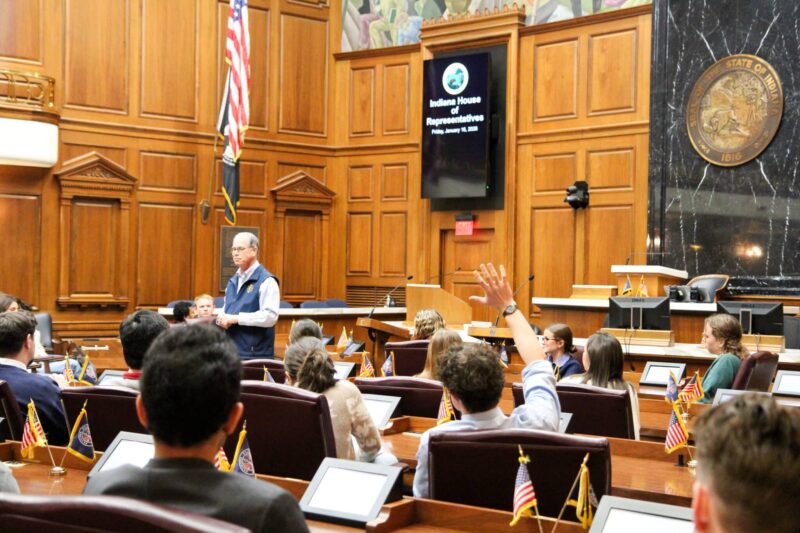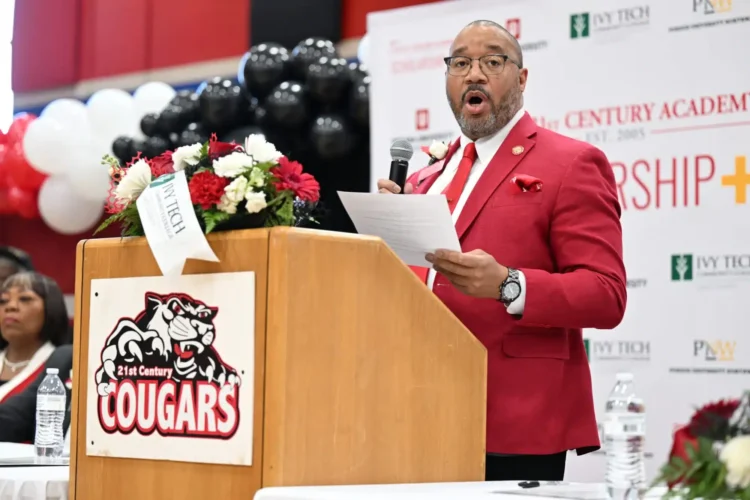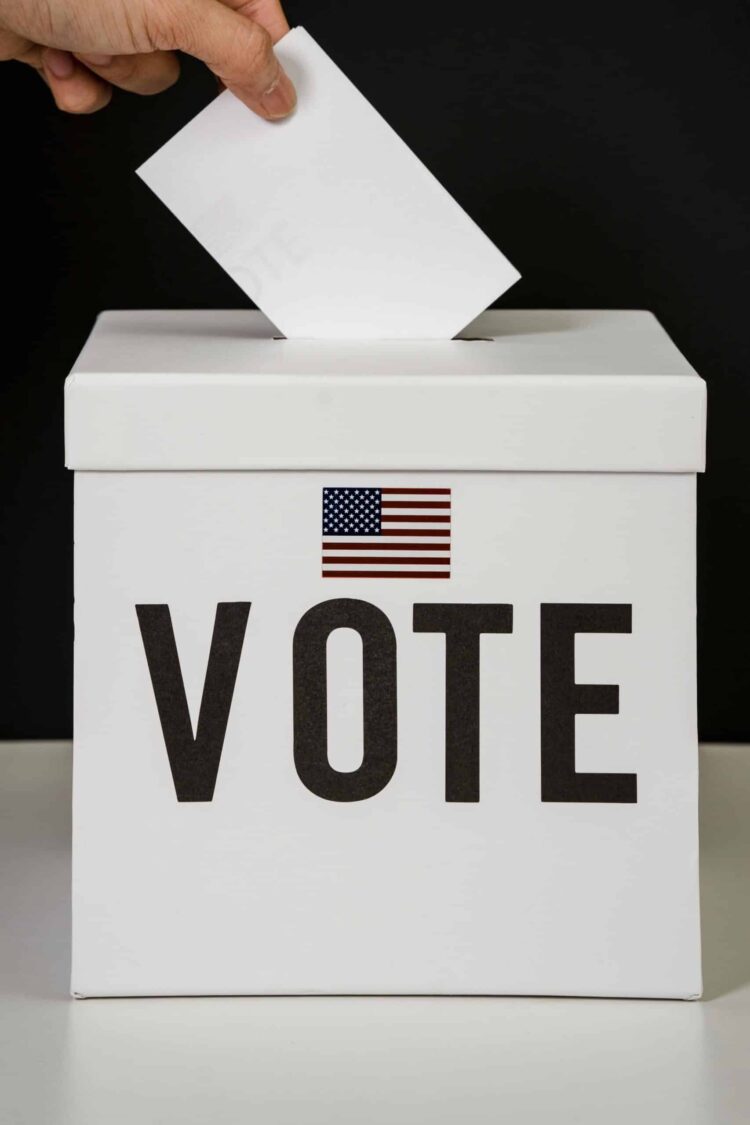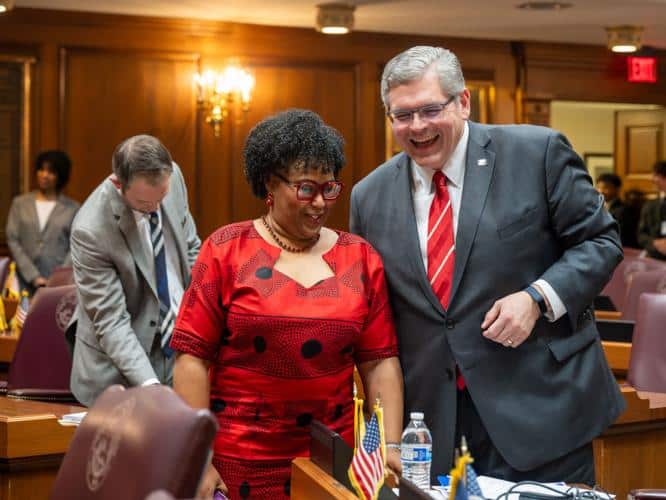- If one is guaranteed victory, it is easy to become lazy and arrogant, safe to scuttle popular measures without fear of retribution.
- Lack of competitiveness can make it impossible to trace campaign contributions. When the folks with “Family Friendly Libraries” send a check to Representative Censor, who is unopposed, he then sends it to Senator MeToo, who is in a hot race. Senator MeToo’s campaign report shows only a contribution from Rep. Censor.
- Lack of competitiveness breeds voter apathy. Why get involved when the result is foreordained? Why donate to a sure loser? For that matter, unless you are trying to buy political influence, why donate to a sure winner? Why volunteer or vote, when those efforts won’t affect the results? It’s not only voters who lack incentives for participation, either; it’s not easy to recruit credible candidates to run on the “sure loser” ticket. The result is that in many of these races, voters have a choice between the anointed and the annoying—marginal candidates who offer no new ideas, no energy, and no challenge. Pundits describe voter apathy as if it were a moral deficiency; I suggest it is instead a rational response to noncompetitive politics. (Watch those “apathetic” folks fight an unpopular rezoning!) Reasonable people save their efforts for places where those efforts matter. Thanks to the proliferation of safe seats, those places may not include the voting booth.
- Gerrymandering exacerbates political polarization and gridlock. In competitive districts, nominees know they have to run to the middle to win in the fall. When the primary is, in effect, the general election, the battle takes place among the party faithful, who tend to be much more ideological. Republican incumbents will be challenged from the Right and Democratic incumbents from the Left. Even where those challenges fail, they are a powerful incentive for the incumbent to protect his flank. So we elect nominees beholden to the political extremes, who are unwilling or unable to compromise.
The assault on democracy has been going on for longer than we recognize. And it isn’t just Texas.
Sheila Suess Kennedy is Emerita Professor of Law and Public Policy at the School of Public and Environmental Affairs at Indiana University Purdue University Indianapolis. As an attorney, she practiced real estate, administrative and business law in Indianapolis before becoming corporation counsel for the City of Indianapolis in 1977. In 1980, she was the Republican candidate for Indiana’s then 1th Congressional District and in 1992, she became executive director of the American Civil Liberties Union of Indiana. She joined the faculty of the School of Public and Environment al Affairs in 1998.
The views and opinions expressed are those of the author only and do not necessarily reflect the views of The Indiana Citizen or any other affiliated organization.









